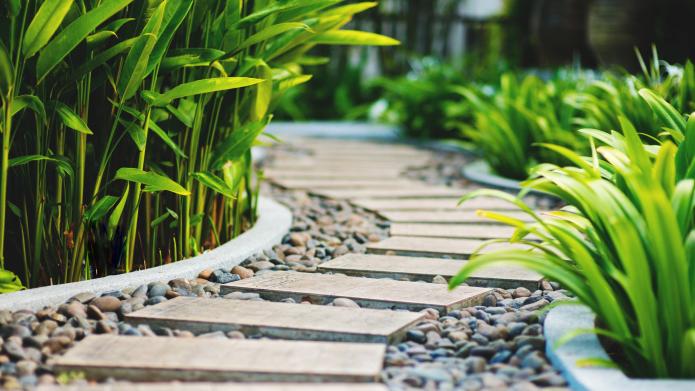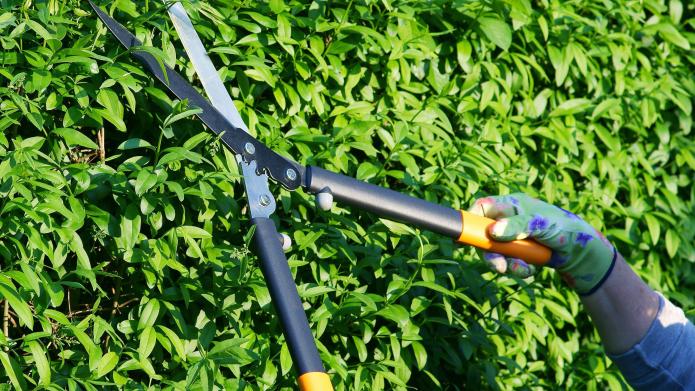Preventing water shortages

We speak of water shortage when there is less water than we need for agriculture and nature. For example, when it is hot for a long time, it does not rain, and river flows fall below certain levels. This situation can have major consequences for the safety of our dikes, the agricultural sector (crop drought), nature (insufficient drinking water for animals), water quality, shipping, industry and the energy sector (cooling water discharge), and the foundations of houses.
Fresh water is becoming precious and less readily available. The supply of fresh water from rivers is distributed nationally to the various freshwater regions. Within the IJsselmeer freshwater region, water managers have developed a vision in recent years that focuses on the fair distribution and economical use of freshwater. Together with Rijkswaterstaat, we have examined how we can distribute the water from the IJsselmeer and Markermeer lakes as efficiently as possible throughout the Netherlands in the future, so that we can all benefit.
Within our own management area, we distribute the available water in accordance with the displacement sequence established by the province. In situations of actual water shortage, the Agricultural Advisory Committee can also advise HHNK on the allocation of limited water supplies among water users. In this way, the potential adverse effects of water shortages are minimized as much as possible.
With the help of weirs, locks, pumping stations, and pumps, we distribute the available water across our area and ensure the correct water level in the ditches.

